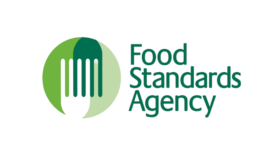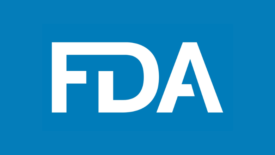Regulatory
The Future of Food Safety Microbiology Markets
The markets surrounding microbiology testing have been changing rapidly in recent years—a change that will continue over the long term
December 9, 2022
Never miss the latest news and trends driving the food safety industry
eNewsletter | Website | eMagazine
JOIN TODAY!Copyright ©2024. All Rights Reserved BNP Media.
Design, CMS, Hosting & Web Development :: ePublishing

.png?height=168&t=1661887788&width=275)








